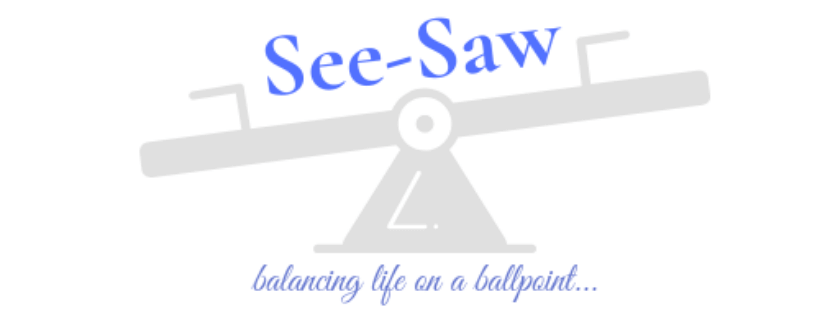

Yes, that’s right. This post will tackle that gargantuan mythical beast (please note my choice of Halloween-appropriate metaphor, given the date of posting this) that supposedly has the power to unlock the very best of your inner potential: confidence. In the process, we will wrestle the slippery creature to the ground in an effort to pin down exactly what it is; test out how much difference its seemingly magical powers really make to various areas of your life; and delve into the whys and the wherefores behind your excess or more often lack of it.
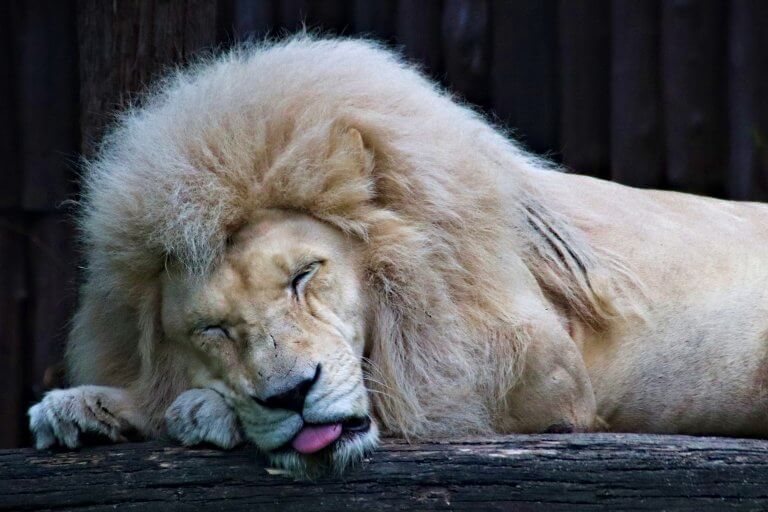
My own relationship with confidence is a varied and convoluted one. If it were a relationship status on a certain dreaded social media site, it would definitely read: ‘It’s complicated’. For as long as I can remember, I’ve based my confidence levels mainly on external factors, i.e. qualifications, awards, compliments and crap like that. It’s a huge part of the reason why I was such a boff at school. If you’re academically inclined, the education system is the simplest way to gain confidence: you put in hard work, you get out regular positive feedback and impressive-looking bits of paper that supposedly ‘prove’ you are intelligent.

During a recent ebb in self-confidence, I even framed my two degree certificates and hung them where I couldn’t miss them. I did this as a reminder of those concrete achievements that should make me feel proud; should even make me feel confident.
But in the past two years since I gained my Masters degree, I have come to an uncomfortable realisation: my confidence levels are not just a reflection of my external achievements. Case in point: last winter, I attended a ‘Confidence course’ (yes, it’s a real thing) specifically tailored to people in the TV and film industry. At the time, I had every reason to feel confident.
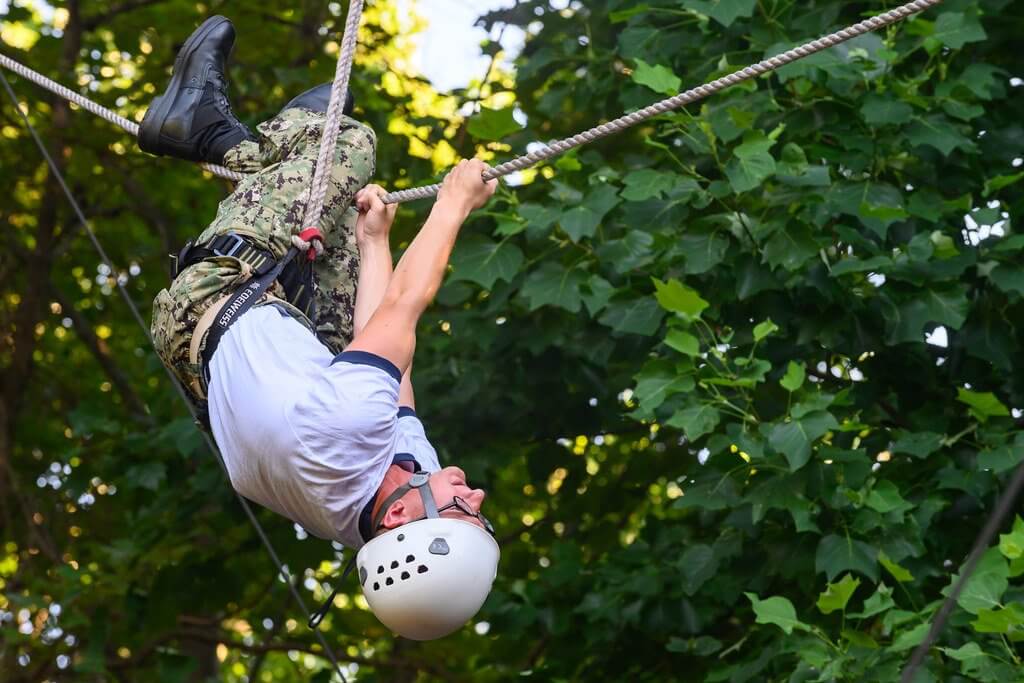
I had just returned from my first directing gig, a fun four-day shoot of my first short film that had, by and large, gone very well. I had also just started a new temporary day job that – at the time – I felt would give me the flexibility I needed to really make a go of it with my writing.
And yet, this ‘Confidence course’ was a terrifying experience to me. So terrifying, I ended up having a massive and very public panic attack. For TWO WHOLE HOURS! You have to admit, it’s the ultimate irony: going to a confidence course that leaves you a panic-ridden wreck at the end of it. Even I saw the funny side, as I was hyperventilating into a box of tissues…
But why on earth should a course designed to improve my confidence have such a detrimental effect? Because the message they were pushing was that confidence comes from you. Nothing and no one else. External things come and go, but it’s your self-esteem, your sense of self-worth that creates confidence. And only you hold the power to change this. And as we all know, with great power comes – you guessed it – great responsibility. Hard-hitting stuff, am I right?! It also blew my whole ‘confidence comes from external achievements’ thing clean out of the water.

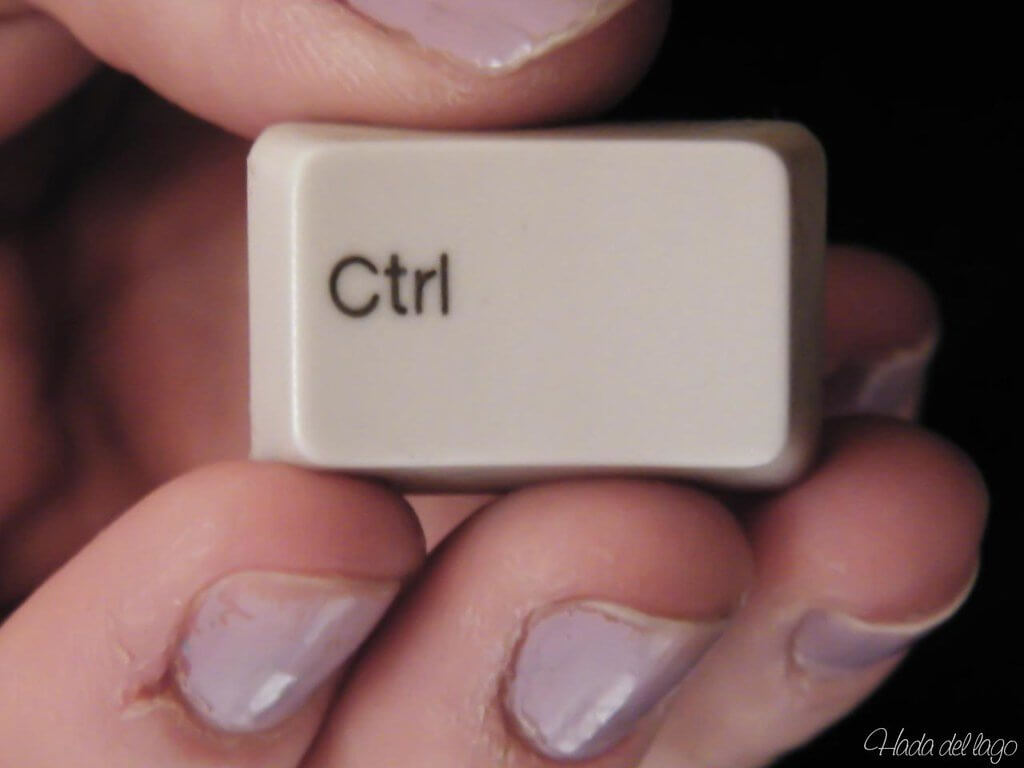
But you know what? I reckon that’s a good thing. Because, as numerous people keep on pointing out to me, when you’re a writer, external achievements are pretty hard to come by. Rejection, on the other hand, is par for the course of your life. Sound melodramatic? Good. It should do. It’s a tough way to live. The point is if I want to gain confidence that lasts, I need to be the one to build it. Not some bit of paper that thinks it carries extra weight because it’s got fancy calligraphy on it and, at 400gsm, is quite literally heavy paper; not an award from a festival I paid money to enter but whose organisers I’ve never met; and definitely not a Producer who likes my writing because I tick the ‘female perspective’ box.
Instead, I am increasingly trying to find confidence from my own belief in my value as a person. Sounds all deep and spiritual, doesn’t it? Well I’m still crap at it, so I’m no Dalai Lama (is it just me who always wants to spell that ‘Llama’, just to give someone the mental image of a meditating llama?!) just yet. My friends are always calling me out for belittling myself, and undermining my own confidence – turns out the habit of a lifetime is hard to break – but I’m beginning to recognise when I do it. Apparently this is the first step to not doing it.

If I had to say where my confidence level is right now, at this very moment, on a scale of 1-10, I would say it’s at about a 5. I’m not at all confident that this post makes for very entertaining reading to other people at present, but I am confident that it at least shows that I am a writer, as opposed to a welder or something…so here’s to taking control of your own confidence, and having enough of it to identify that you’re not a welder (or maybe you are? If so, comment below, that would be a bizarre and unlikely coincidence)!

So what is this mystical force, and does it come (as men would no doubt have it) in handy nut form? If only it were that simple. The basic definition tells you more about what confidence isn’t than what it is. According to Psychology Today, “confidence is not an innate or fixed characteristic. It’s an ability that can be learned and improved over time”. Translation: it’s a slippery bugger you have to work at. Contrary to popular belief, no one is born confident. Or at least, no one is born confident and gets to stay that way with zero effort.
So if it’s a learnable “ability”, can you just build it up through your life like you would a skill on a computer game? Level up when you’ve got enough XP and eventually gain some kind of Jedi mind trick power? If only. When it comes to confidence, there are a ton of factors that can influence it in any given situation. Personal improvement website Skills You Need has it that:
For most of us, our “feelings of well-being” are naturally going to vary as we go about life, encountering pesky winter colds, regret for that fifth shot of tequila/dodgy curry (delete as applicable), and those days where nothing seems to be going our way (I call them ‘sod’s law days’). If confidence depends on all that, it wouldn’t be too much of an impossible yogic stretch to say it’s a part of your mood.
Personally, my favourite definition of confidence is this:
It’s like I was saying earlier: when you really come down to it, confidence isn’t about external achievements.
It’s about you. Your faith in yourself.
Now obviously the two tend to feed into each other. It’s a rare person whose opinion of themselves isn’t affected at all by being fired, dumped or rejected in some other way. But it is possible to learn to rise above all these things. Not to the degree of being totally unaffected by them, as it’s vital that you learn from bad experiences like this for self-improvement.

Besides, anyone with half a heart is bound to be at least a little hurt by life’s setbacks if they are passionate about their goals. It’s important to note that confidence isn’t about delusions of grandeur either.
In a nutshell then, confidence is: not about hardening yourself to life’s pains. It’s not about becoming arrogant and deluded about your likelihood to succeed. It’s about taking a leap of faith, on the back of an honest judgement of your own capacity for success.
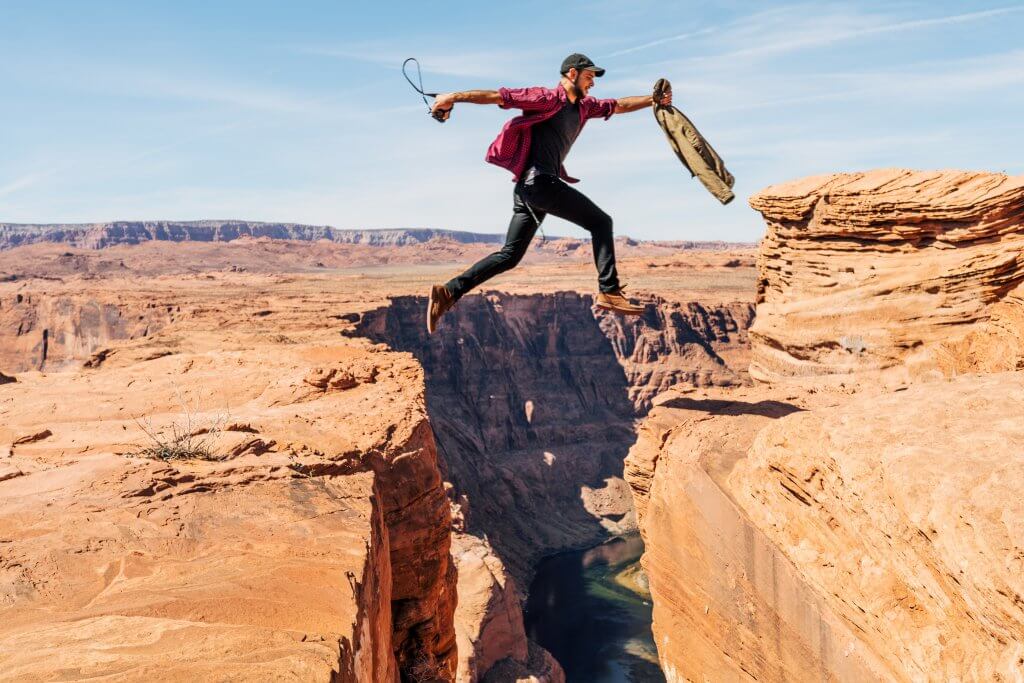
We’ve talked a lot about what confidence is, and to an extent where it comes from in you, but what does it look like to others?
If you try to imagine a confident person, you probably picture some swaggering wide boy casually adjusting his sunglasses as he orders a big film crew about without a second’s hesitation. No? Just me? Fair enough. But you probably do picture a particular kind of look and/or body language. Bold, characterful clothing that aims to attract attention rather than hide from it. Open, dominant body language that literally takes up as much space as possible.
The entire £26 billion fashion industry (and that’s just in the UK!) is based on the idea that clothing has the power to change who you are, including boosting your confidence. And it’s a well-worn factoid that 70% of human communication is done through body language.
Social psychologist Amy Cuddy, who has done a lot of ground-breaking research in the area, claims that regardless of our actual confidence levels, there are certain types of body language that will always be perceived as confident. Interestingly, these behaviours often bear a strong resemblance to that of alpha males in the animal kingdom. Coincidence? I think not.
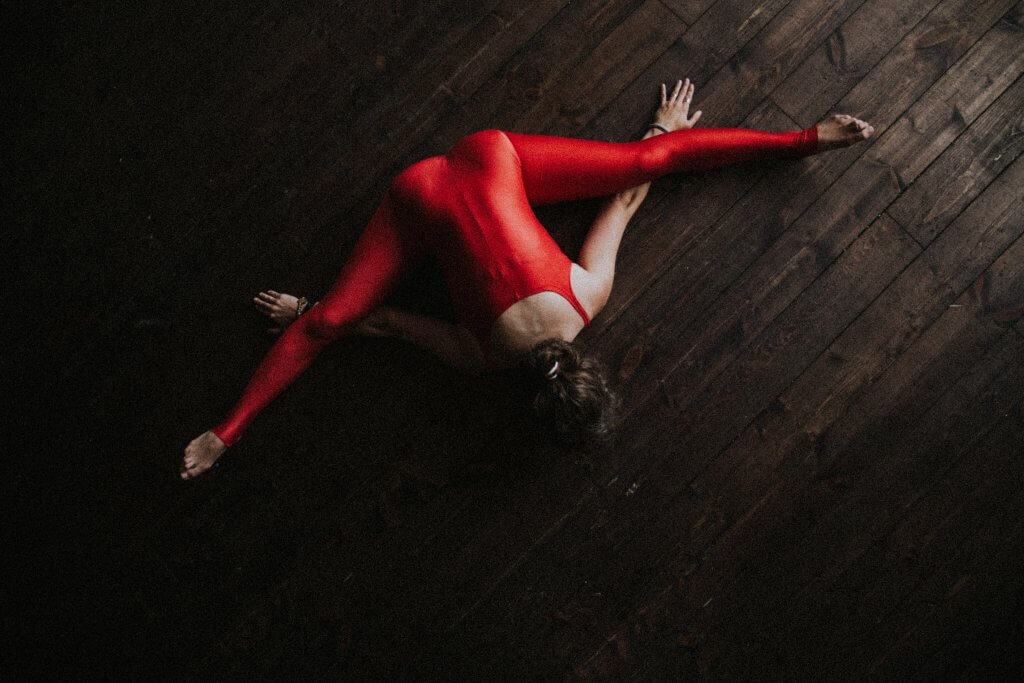

So the short answer to the question ‘what does confidence look like?’ is: a stylish/fashion-conscious Mufassa. If it was a film, it would be a ‘Devil Wears Prada’/‘Lion King’ mash-up (I know, I’d watch it in a heartbeat too). The slightly longer, more accurate answer is that we perceive people who behave like stylish/fashion-conscious Mufassas to be confident.
Whether or not they are is another question entirely. Confidence tricksters often rely on keeping up the appearance of supreme confidence in their falsehoods to defraud their ‘marks’. Think ‘Catch Me If You Can’ (and if you haven’t seen it, go watch it immediately! It’s a brilliant film, and a masterpiece on the power of confidence).
Closer to home, you probably know a lot of people who fake the outward likeness of confidence. It’ll be those people who laugh that bit too loudly at jokes at parties; stand about with their hands on their hips or perhaps invade your personal space as they gesture wildly in the telling of an anecdote. The point is there are a lot of people out there who may look confident on the outside, but may well be absolutely bricking it on the inside. There is an argument that looking confident begets being confident, but that’s for another time. For now, it’s worth reminding yourself that looks can be deceptive.
How much does all this matter anyway? “In the great scheme of things, what difference does it make if I’m confident in everything I do, but not actually successful?” I hear you cry. And I hear your healthy scepticism. After all, why spend time building up your confidence – how you feel about your abilities – when you could be spending that time improving your actual abilities instead? Well, there are many good reasons why, with some pretty alarming/inspiring stats to back them up. Here are a few:
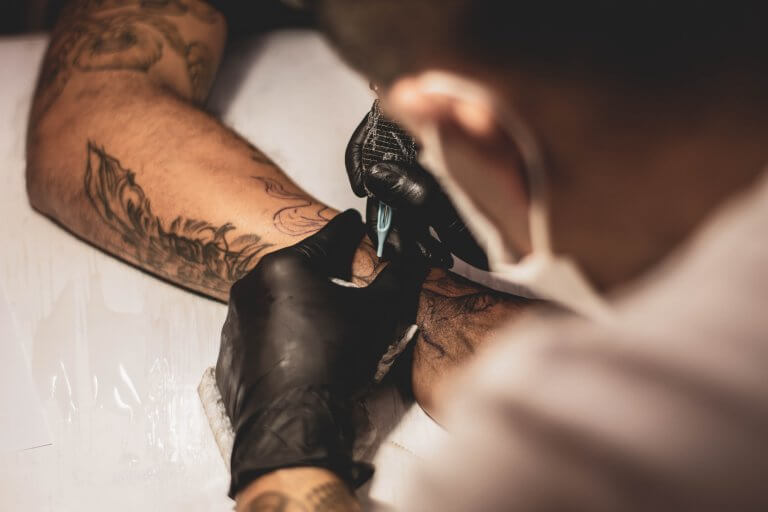


Bottom line: this strange elixir we call confidence has the potential to be absolutely crucial, life-changing stuff. The research more than bears this out. It is absolutely worth pursuing.

And before I say farewell for another month, I just wanted to say a quick word on specific applications of confidence to those of you who may be living life out there on the cliff face of sole trading. The creative freelancers amongst you, who have to find the confidence to go out there every day and bear your souls to the funders, the Producers, the commissioners, the venues, the gatekeepers; most of you receiving numerous rejections and relatively few wins.
In the spirit of full disclosure, I have just started a full-time job in telly – well, Access Services for telly, anyway – so I am currently a bit sheltered, at least financially, from the roaring winds that sweep that metaphorical cliff face.

But I know how hard it can be to cling on to the slippery, barely there hand holds of self-confidence when you’re getting battered from all sides by the howling gale of hot air, and the sea spray spitting of vicious rejections (this cliff face metaphor is totally working, right?!). Because of this, I would argue that it is even more important for you to work on building your confidence to the point where it stays rock-solid, regardless of what happens out there in the world.
That brings me neatly round to the subject of next month’s blog post! I will be continuing as I started, and providing you with an in-depth ‘Top Five Techniques’ list for my next post, this time on strategies for building and balancing confidence. So if you want to learn all about the most effective ways to improve your confidence, come back on 1st December for that handy little ditty. Have a wonderful November. This has been The Confidence Chatter from See-Saw reporting, over and out!